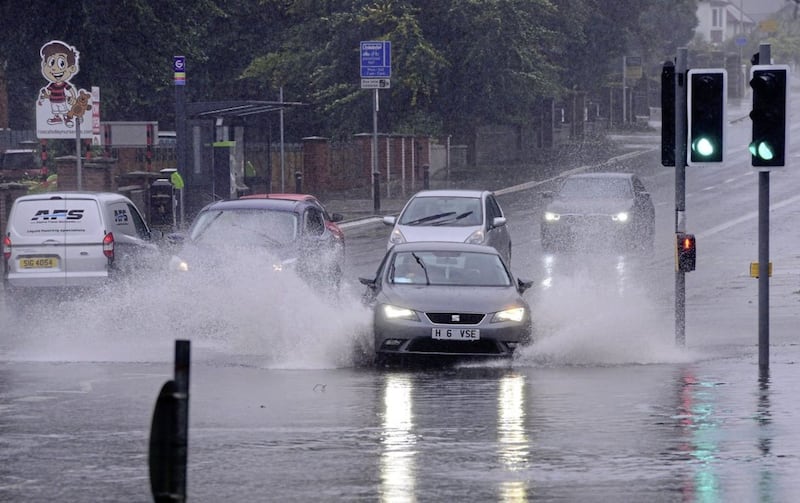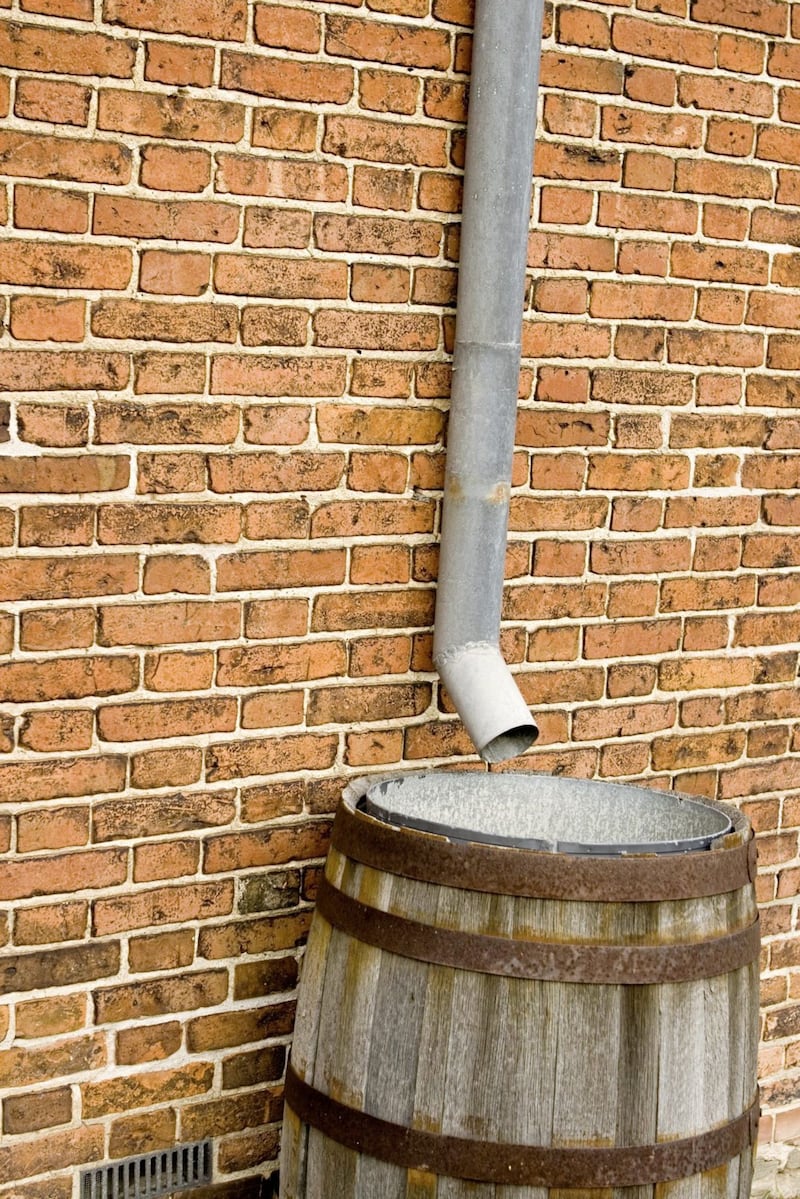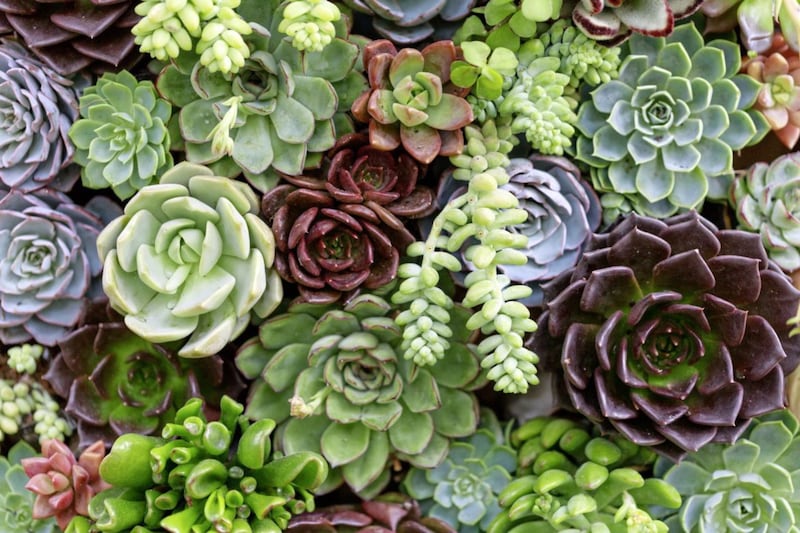A MONTH ago this column carried some advice for gardeners on taking care in the sun. There were a few sardonic texts and snide remarks that would've hurt someone with a thinner skin, but after 25 years in journalism, I'm immune to criticism.
The content of the July 14 column remains valid, but as the summer progresses, its relevance becomes increasingly questionable. Few will be surprised or especially thrilled to be reminded that last month was Ireland's wettest July on record.
According to Met Éireann, July 2023 had more than four times the amount of rain than the corresponding month in 2022 and more than twice that of the previous year. The north-eastern six counties also experienced their wettest July this year, demonstrating that unlike those responsible for forecasting and analysing the weather, the likes of fronts, anti-cyclones and depressions don't heed borders.
With wet summers seemingly becoming the new normal, it's therefore appropriate that the Royal Horticultural Society (RHS) has appointed a 'senior water scientist'. Dr Nicholas Cryer (please, no eye-watering jokes) will lead research and the application of sustainable water management techniques in domestic gardens, RHS gardens and across much of Britain's horticulture sector.

Read more:
- Casual Gardener: wonderful water is the life-blood of plants - but they don't need as much as we think
- Casual Gardener: Unlocking the gardener's best kept secret
The head of RHS's environmental horticulture team, Dr Mark Gush, said the appointment came at a time "when water use and shortages are at the forefront of many gardeners' minds".
"Research into water use in the RHS gardens, alongside usage in domestic gardens will be vital in providing the best advice to the nation’s 28 million gardeners," he said.
"Dr Cryer’s findings will help ensure we maximise the effectiveness and efficiency with which we use our rainwater and reduce consumption of mains water, benefitting both the climate and wildlife."
The charity, which is striving to meet its own 'sustainability target' of being water neutral by 2030, has used the appointment as an opportunity to highlight the multiple benefits of using rainwater in the garden.

Harvesting rainwater reduces the demand on treated water supplies that can come under pressure during dry spells, because although the water that falls from the sky is free, it costs money to deliver it to your tap in a condition that's guaranteed not to make you ill.
Water butts and a garden with more plants and less hard landscaping will slow the flow during more extreme rainfall events, the RHS says, helping reduce the tendency for drainage systems to be overwhelmed and for sewerage to spill into our rivers and seas.
To make the most of rainfall, the charity suggests gardeners get creative with containers, using anything from saucepans to teapots and buckets to collect rainwater to be used on plants.
To be water wise with what they've collected, Dr Cryer suggests gardeners direct water to plants that need it most, especially new plantings and those in containers. For thirsty plants in established beds and borders, a good soak every fortnight with water directed to the roots should be sufficient.

Keeping soil healthy is a hugely important factor in containing water and making it available to grow healthy plants. Improving soil quality and reducing water evaporation by adding an organic mulch or homemade compost is also very beneficial.
The charity also advises giving houseplants a holiday outside while it’s raining, as long as the rain isn't too heavy and they're in a reasonably sheltered spot.
Many of the most-loved houseplants including spider plants and succulents are sensitive to the fluoride in tap water which makes them turn brown at the tips. So a regular rain shower could benefit their appearance.









